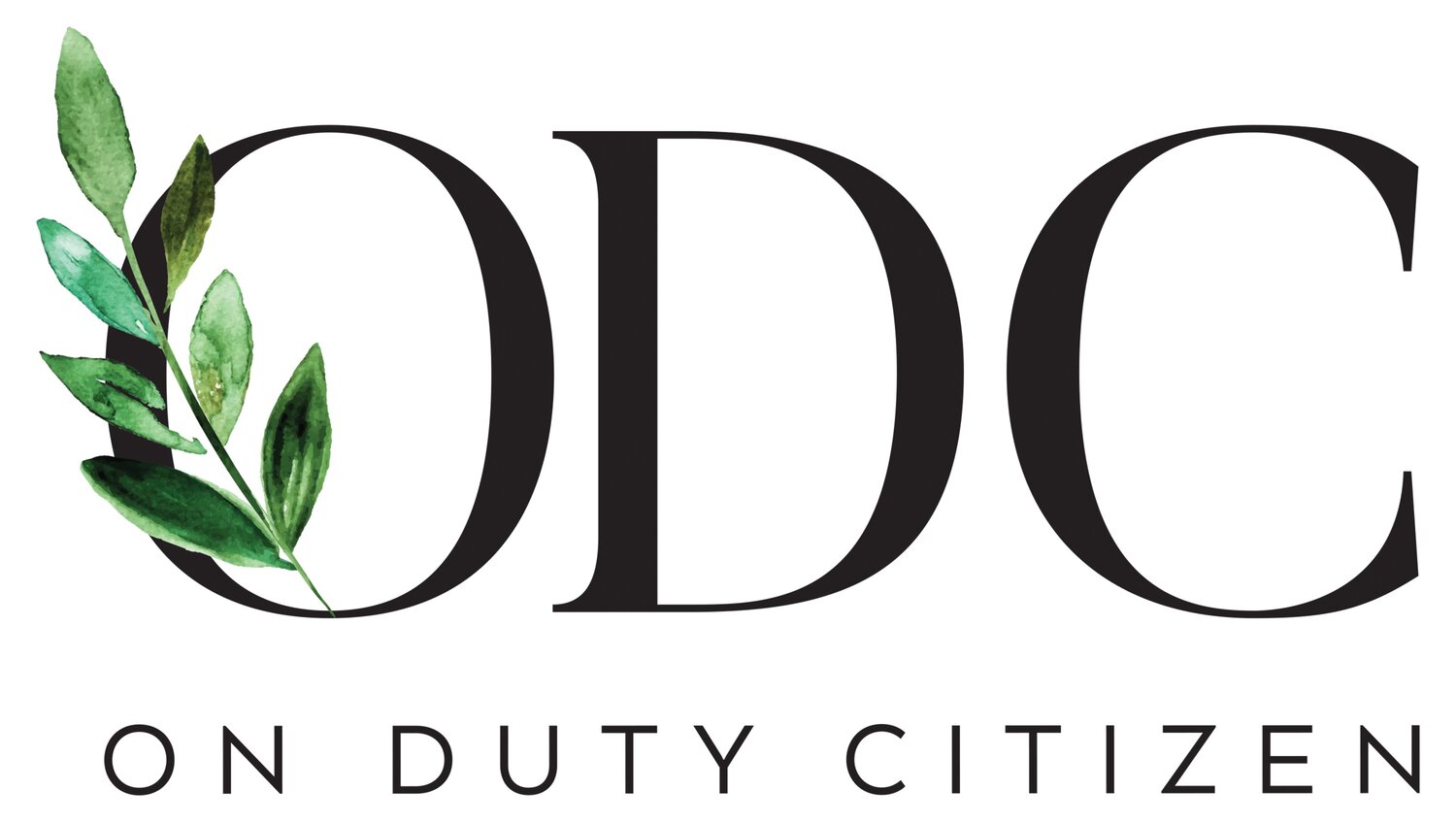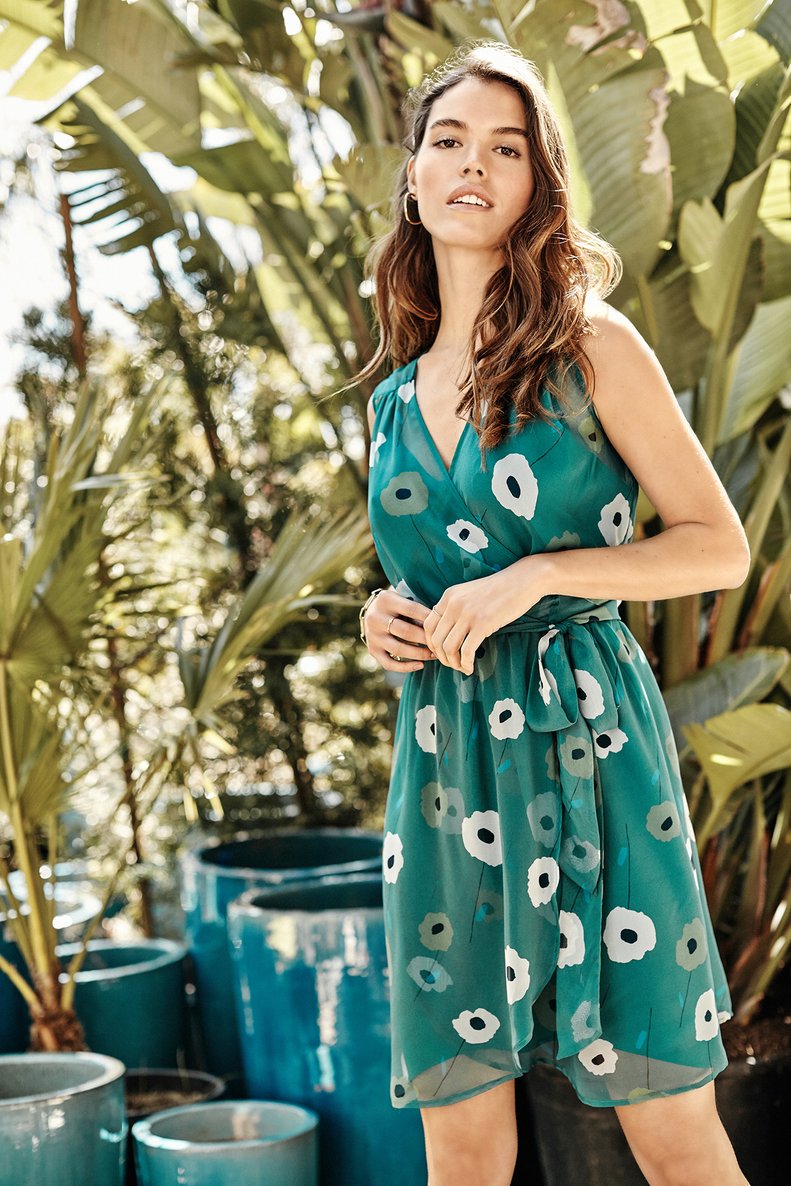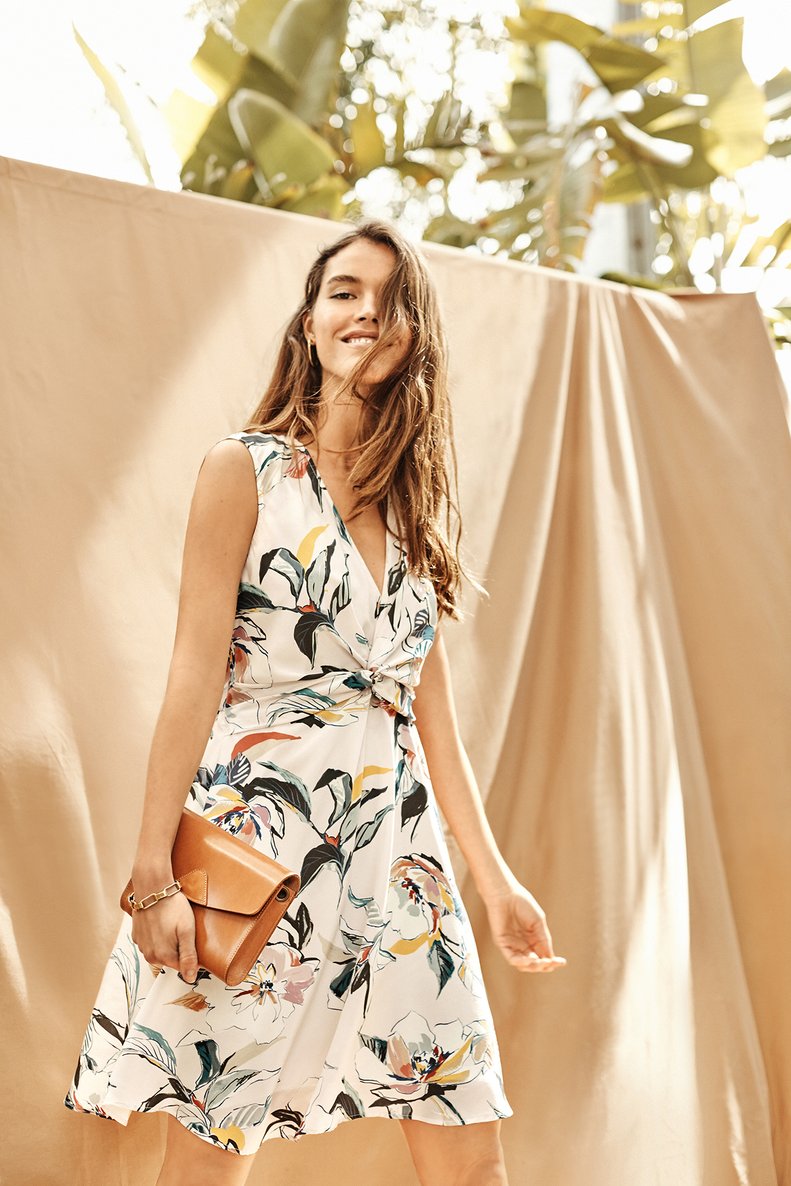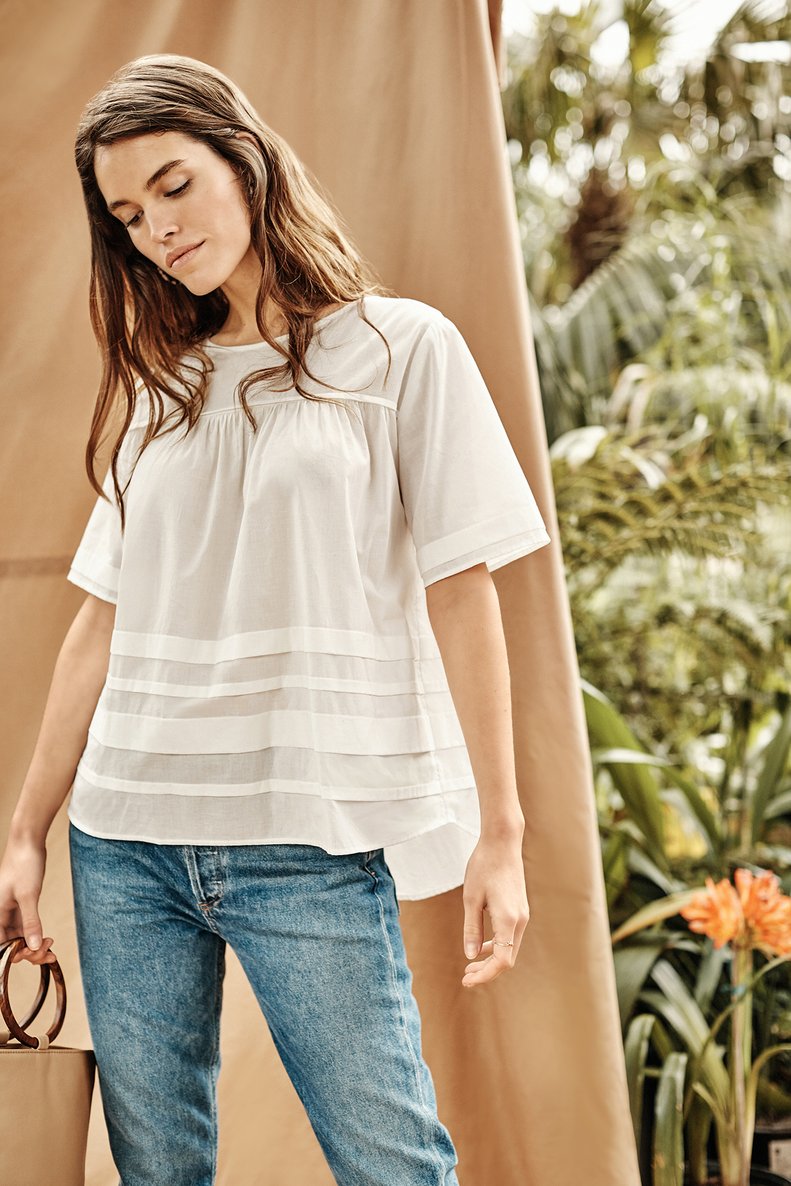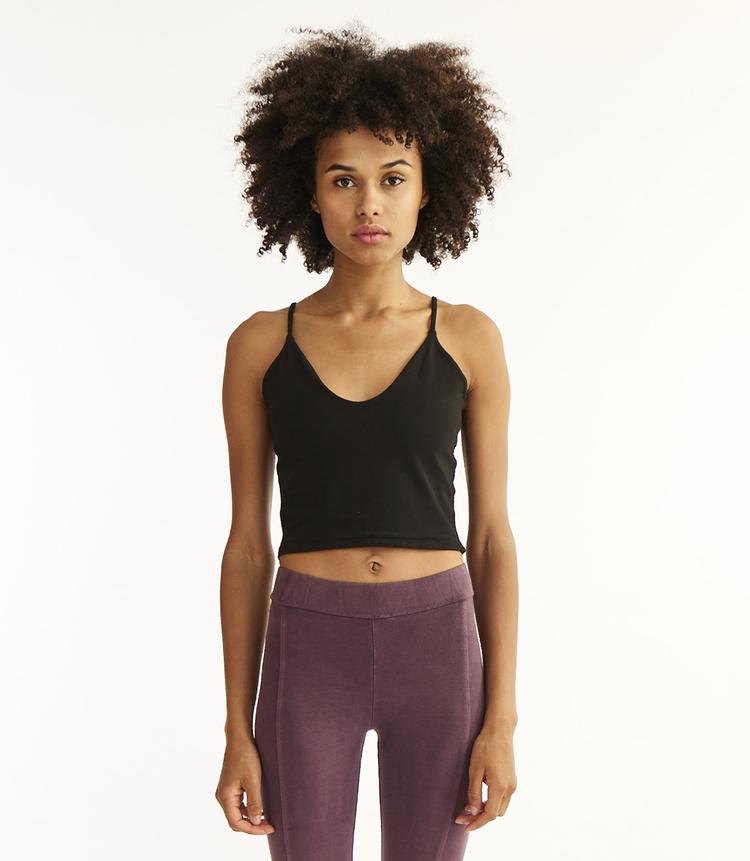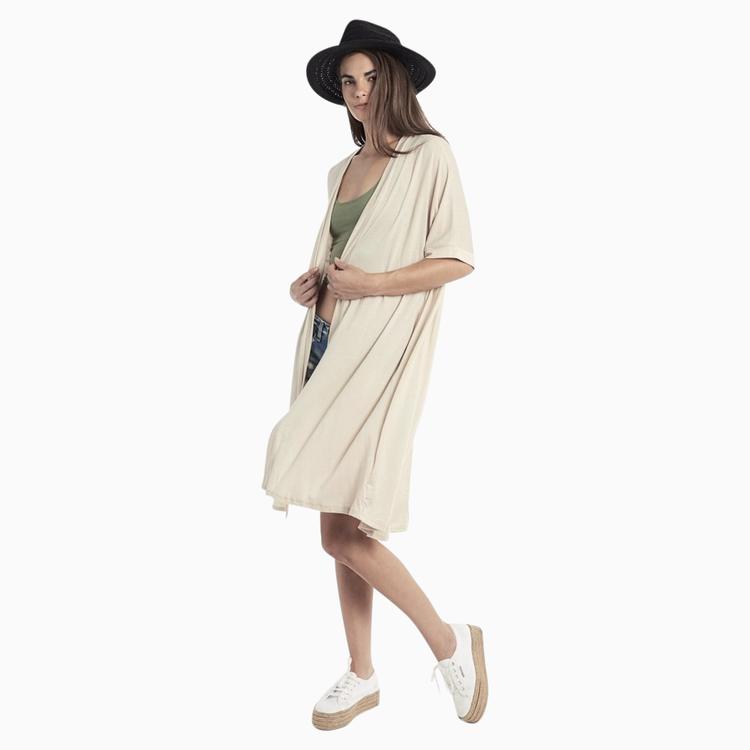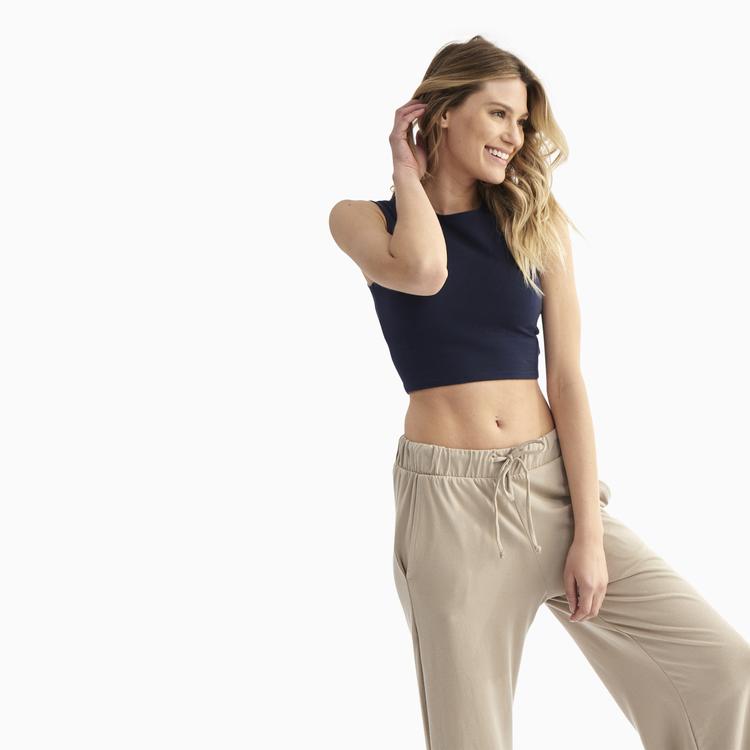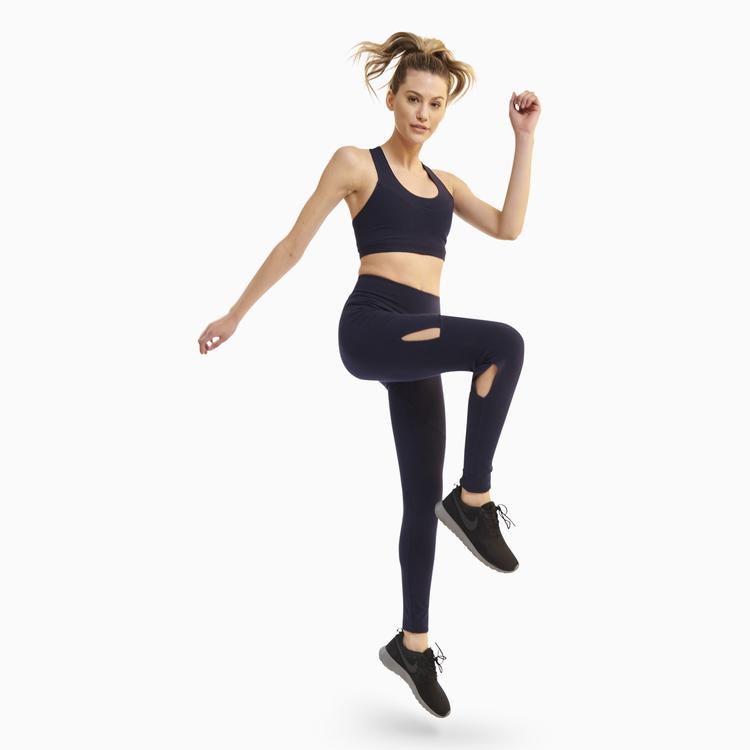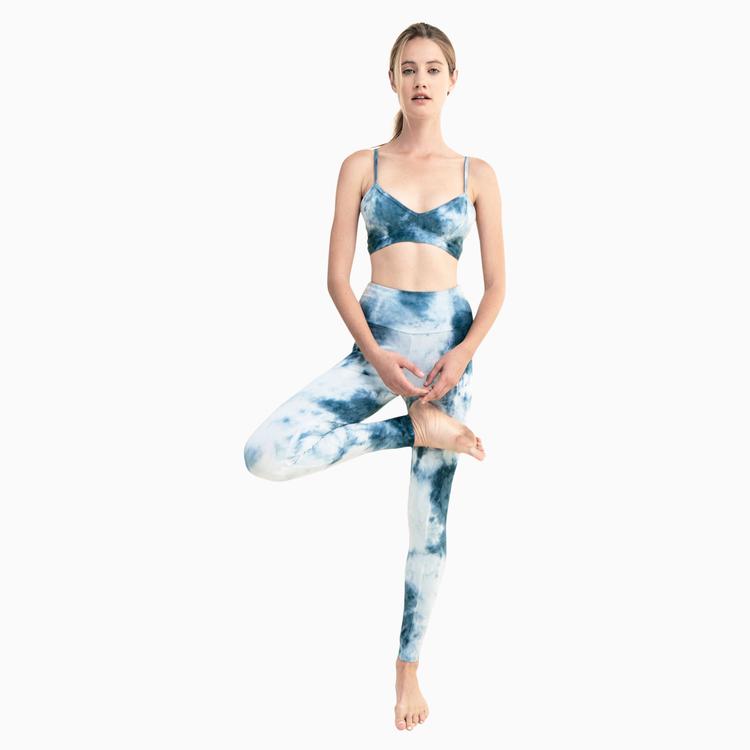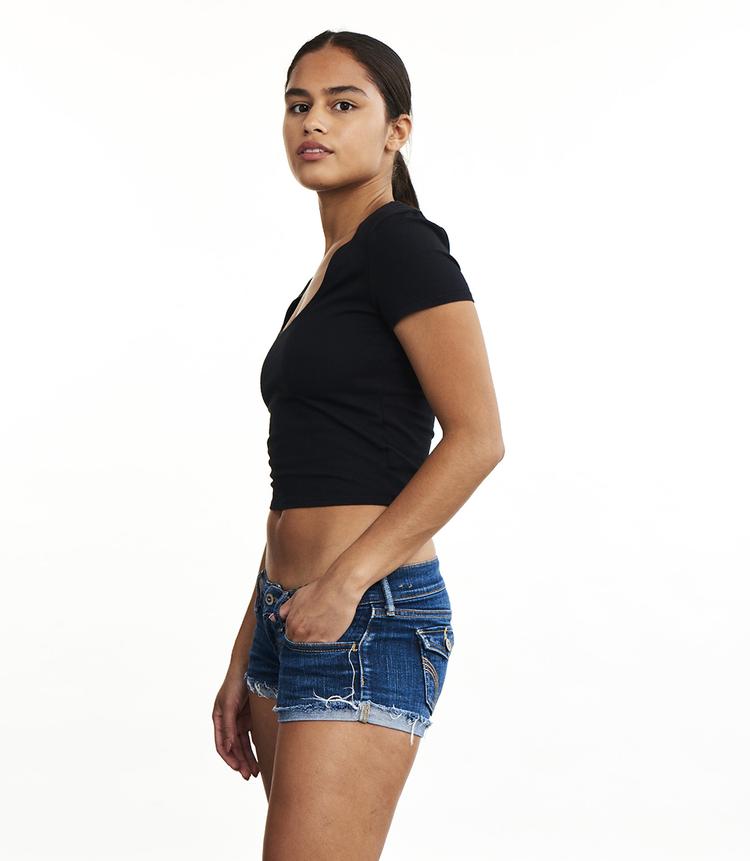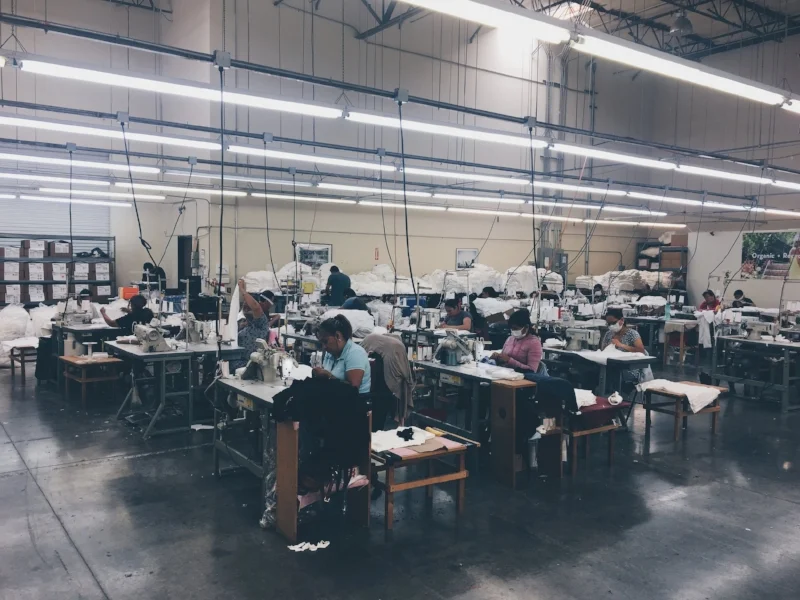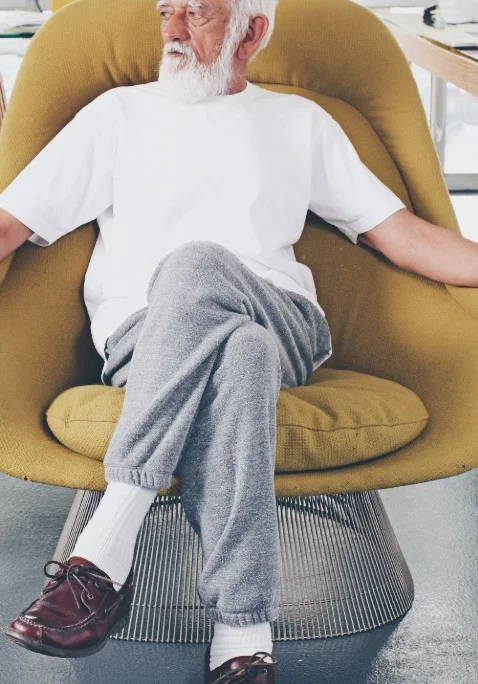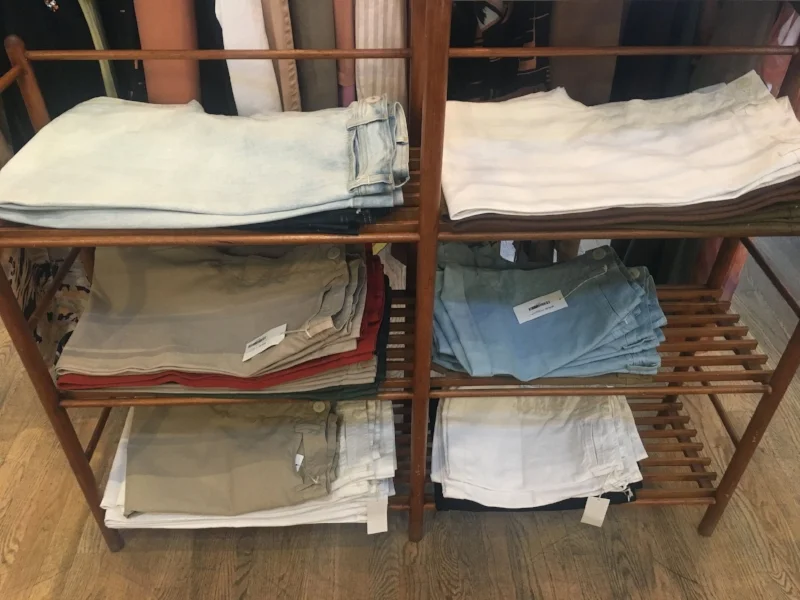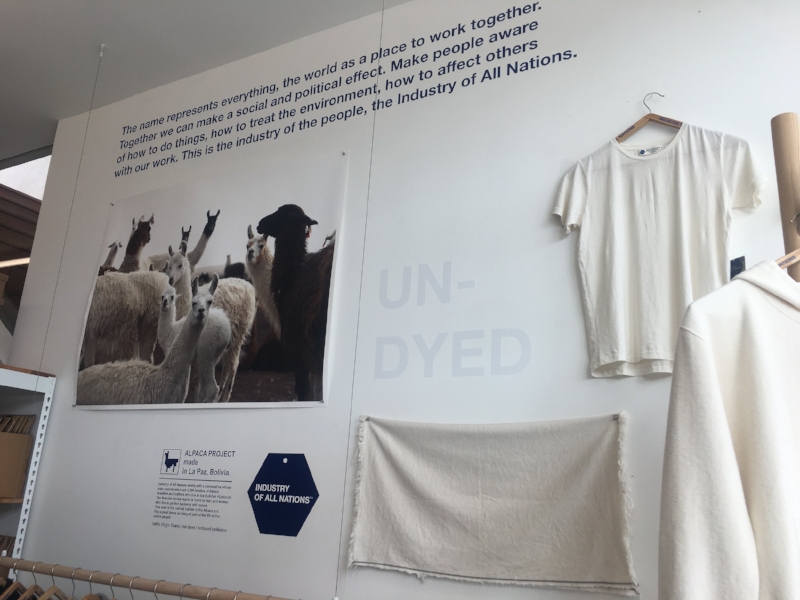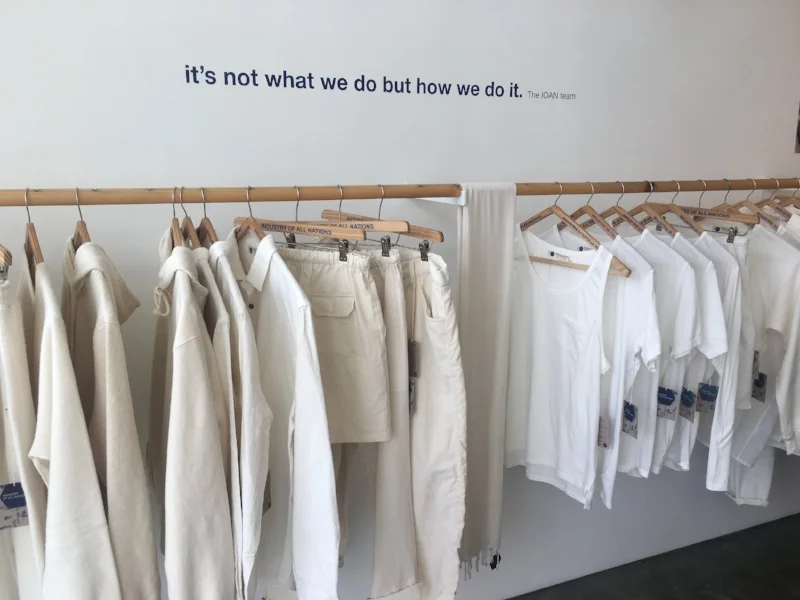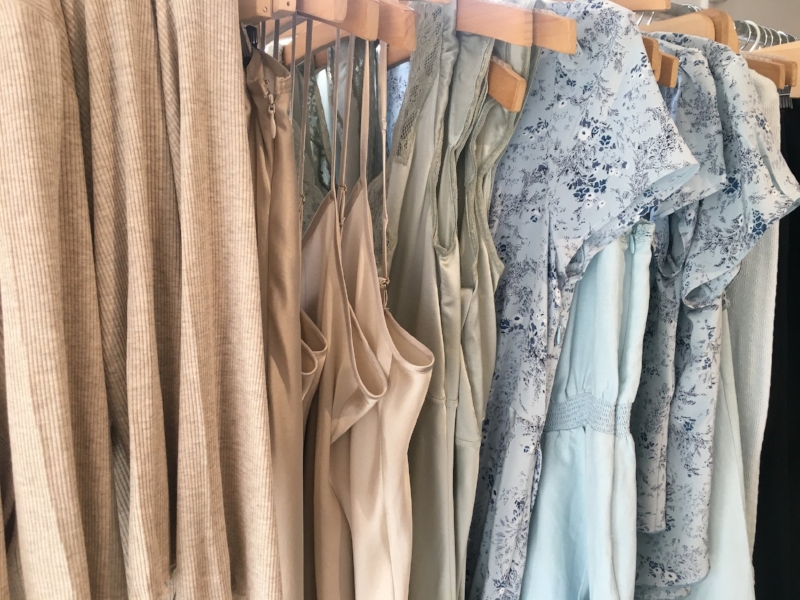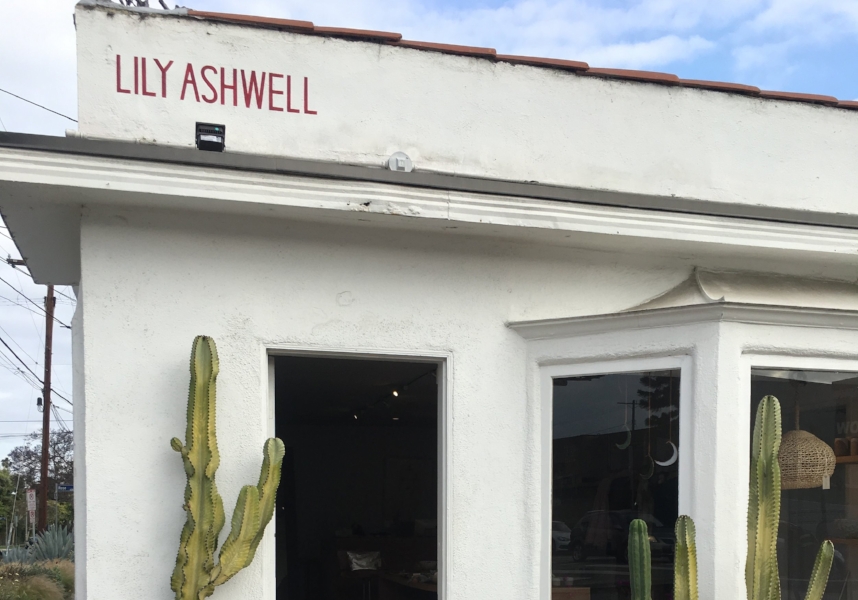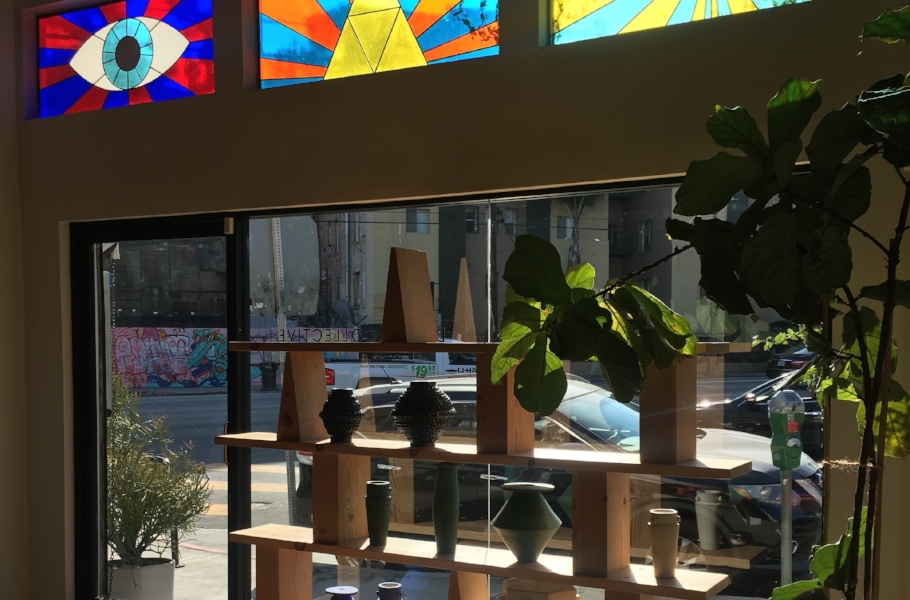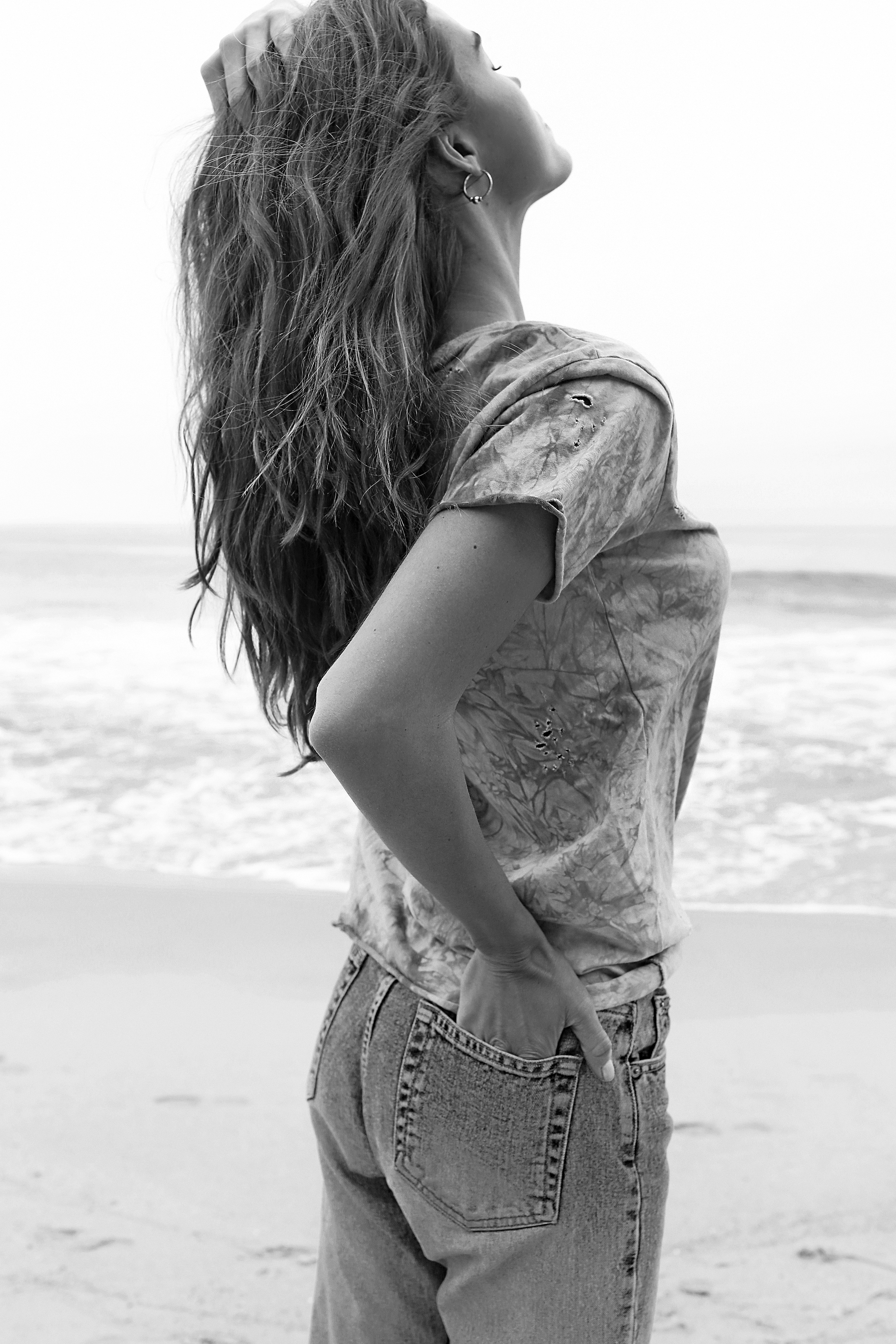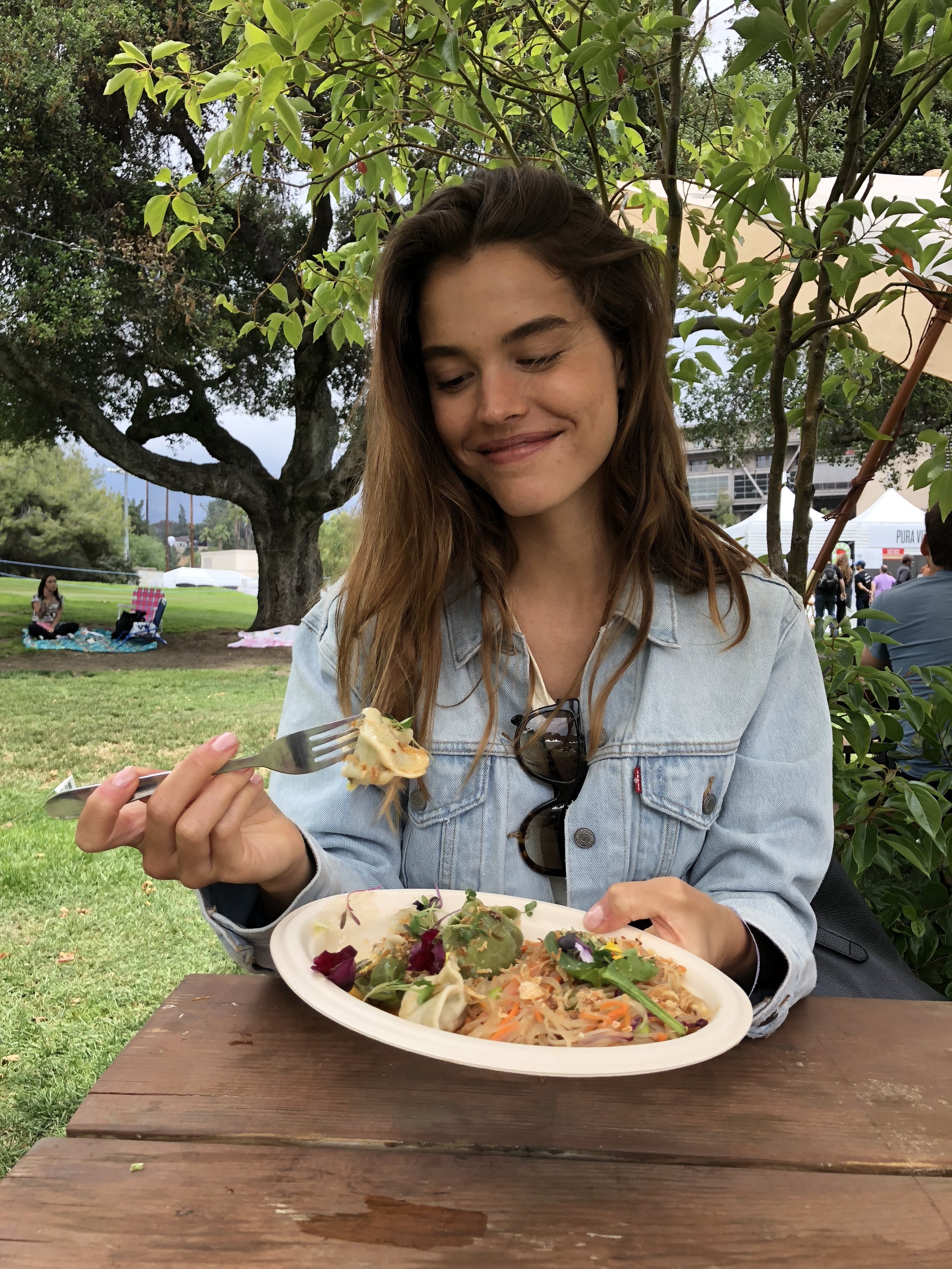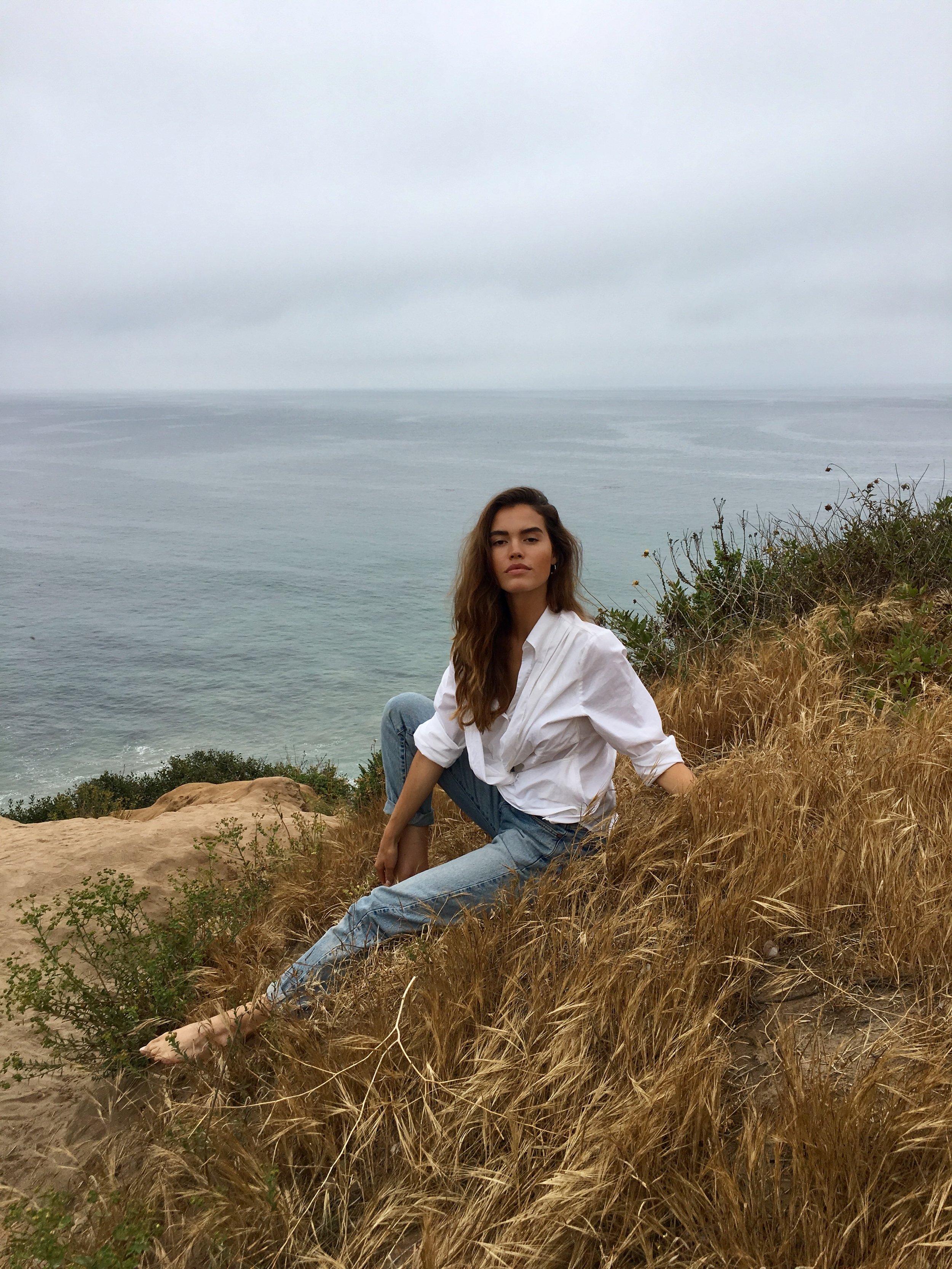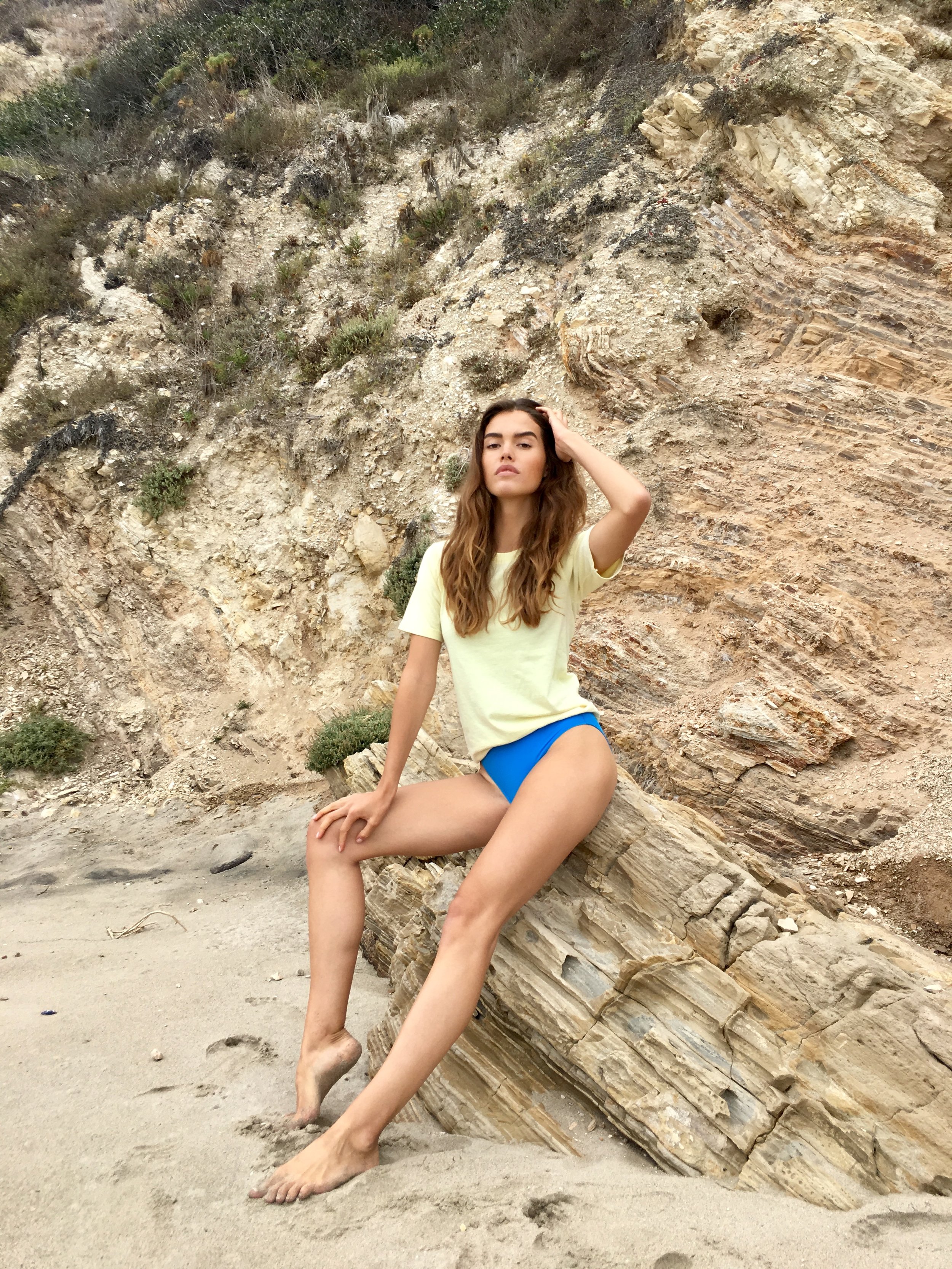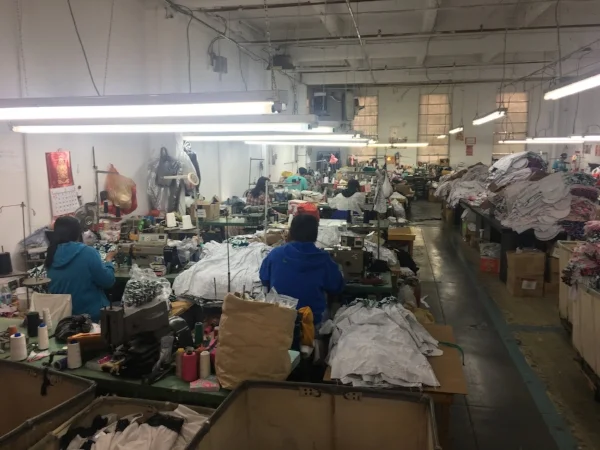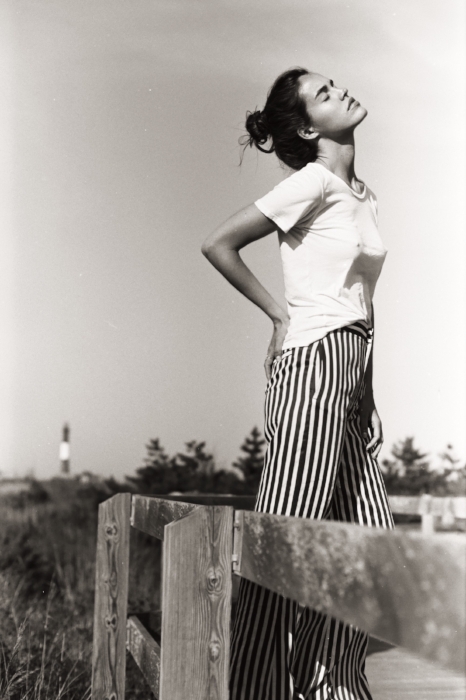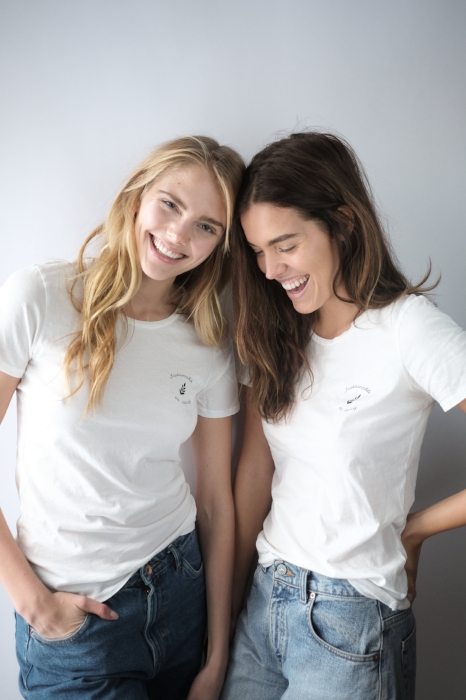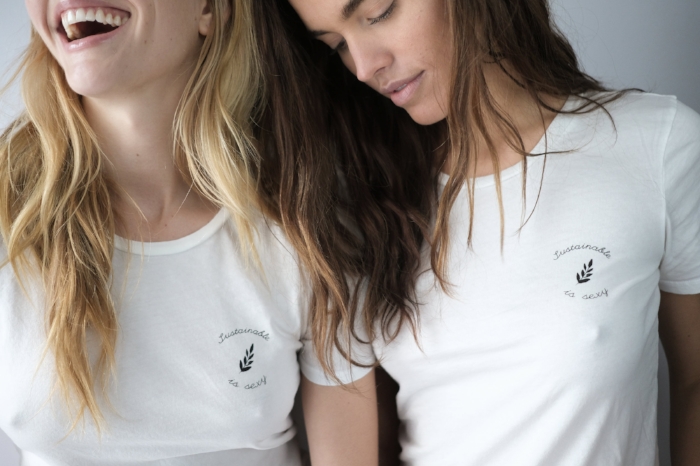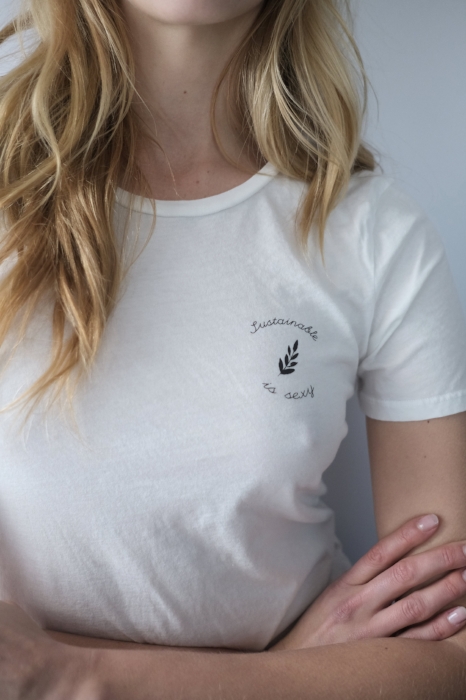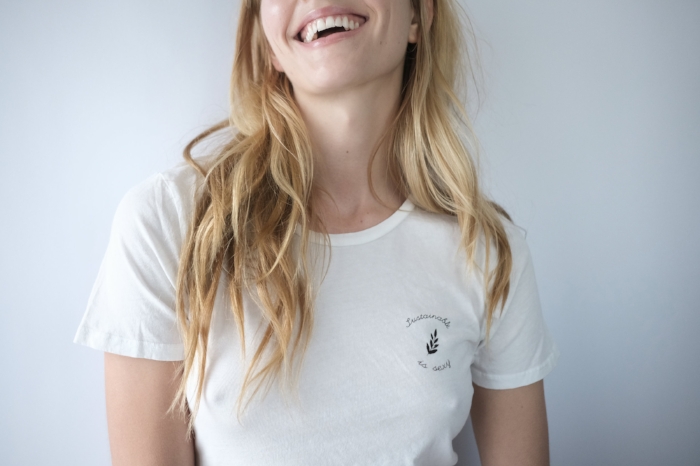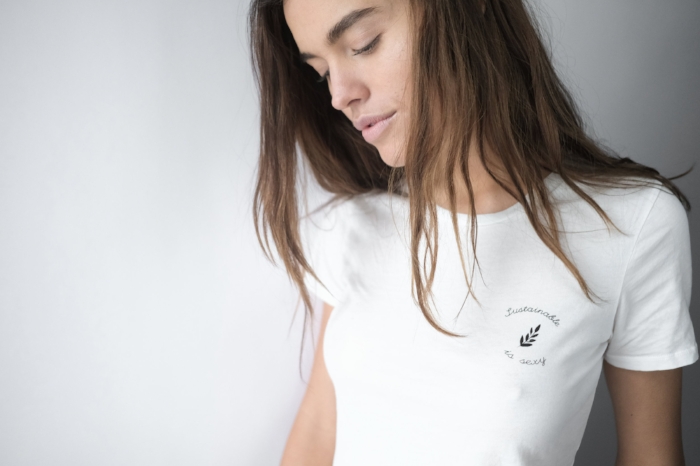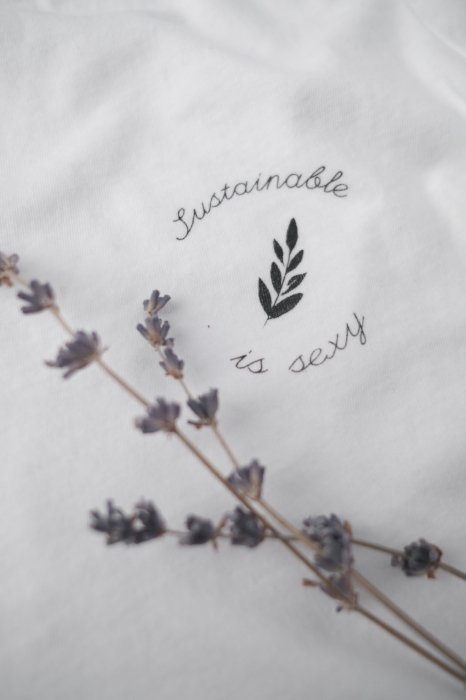As a model, I get to work with so many different types of companies. That’s what I love about my job, I’m a chameleon and I get to change for every brand to represent their image the best I can.
However, this is what opened my eyes to the sometimes wasteful nature of our industry.
A lot of the times, I can feel firsthand the difference between a product that was made with love and one that was made to disintegrate to potentially fuel the overconsumption nature of our economy. I am however a firm believer in working with those who we wish to inspire. It’s not about working against the companies that “aren’t doing it right” but by inspiring them to change and be better! And sometimes, I’m lucky enough to work with companies that I TRULY believe in, like Amour Vert. It was an absolute dream to shoot with a company that is so in alignment with ODC and our values. Scroll down for my interview with Emory Cooley from Amour Vert and see for yourself why the Model Activist group is obsessed with this company!
1. Tell me a bit about how you got connected with Amour Vert. What’s it like working for them?
I studied Fashion and Textile Management in school and took a course on sustainability. After taking the course, I was shocked at the corruption within the industry. Upon graduation, I knew I wanted to work for a brand with a larger vision at hand, and I found Amour Vert. I moved from North Carolina almost 2 years ago to join Amour Vert in their quest to change fashion.
It’s been an amazing experience working at Amour Vert. My co-workers have become close friends and the office has amazing energy. Teams collaborate frequently and ideas are shared and formed throughout the office and between teams. We have a company-wide meeting every Monday and every Friday there is a family-style lunch. When you work for Amour Vert, you’re a part of a family.
2. What are some of the core values to Amour Vert and how does the company ensure they’re sticking to them?
Our core values are to be sustainable in everything we do. From the factory to the fibers, we are sustainable. We stick to this by having transparency and close relationships with our mills and factories.
3. I love the fact that the company partners with artists on limited-edition prints. I especially love the print you just did with Buckley for Women’s Day! Tell me a bit about this process and some of the collaborations the company has done in the past and what you have coming up in the future.
We work with value-aligned women to develop prints. The collaborative process is between our design team and the artist. The prints are developed based on the season, designs and story we have planned for the collection they are designing into.
We have had so many collaborations it’s difficult to speak to all of them, but most recently in March, we partnered with Kate Miller from Elworth Studio. She developed our Mojave Floral print which we love! We will definitely continue this program in the future, while also developing in-house prints.
4. Tell me a bit about the fabrics Amour Vert uses. They’re so incredibly soft it’s hard to believe they’re sustainable!
We partner to use fiber blends to create new exclusive fabrics that are fashionable, durable and of course, sustainable. We are excited for our exclusive Tencel and Modal blends for the spring season. Tencel comes from eucalyptus trees and Modal comes from beechwood trees and both are created in a closed loop process using sustainable yarns and are biodegradable. We have brand new fabrics from each of these fibers to look forward to this spring.
5. I love the fact that 97% of the clothing is made near the San Francisco office. What’s the importance on producing locally and what are some of the advantages of being so close to the factories?
Producing locally allows in-person conversations, which we believe are crucial and allow for creative minds to collaborate together. It also allows us the opportunity to touch, feel and see the softness and drape of the fabrics.
6. I also love that you showcase the women in your community who live and breathe the Amour Vert ethos. Tell me about some of these women and why you’ve chosen to highlight them in some of your campaigns
In January we launched the “It’s Not About Us” campaign, it’s a campaign that has no end date and will continuously highlight women who live the ethos of Amour Vert. We believe models are more than a pretty face, and we want to give them a platform to tell their story.
7. What are the criteria for choosing like-minded companies like Agolde denim, Vitamin A swim, Veja shoes, etc. to sell on the site?
We partner with companies that share the same sustainable and ethical standards. That means these companies are aligned in their values. We work hard so that our customer can shop online and be effortlessly sustainable.
8. In your opinion, what is the most unsustainable part of the fashion industry? What are you doing to combat this?
There are so many aspects of the fashion industry that are unsustainable, but something that we like to focus on shifting is fabric production. We work with only 100% Certified Organic Cotton (only 1% of the world’s cotton is grown organically), and natural fibers that are produced in a closed loop process, such as our signature Modal, and Tencel.
These fabrics are not only better for the environment and the farmers, but also for every person working with them along the supply chain, and eventually the customer who purchases and wears the piece. In terms of ethics, we ensure that the factories that we work with respect to their workers by providing safe and clean work environments, a living wage, reasonable hours and breaks. This shouldn’t be unique in the fashion industry, but sadly it is.
9. For someone new to the sustainable world, what are some key small steps they can look out for when shopping to ensure they’re investing in a good company?
We would encourage consumers to ask for transparency. Ask if the factories are sustainable, understand the fiber content. Customers should educate themselves so they can ask companies the harder questions that often times no one is asking.
10. What are the next steps for Amour Vert? How do you see yourselves evolving in the next five to ten years?
To continue to grow, open stores and spread awareness about the importance of sustainable fashion, etc.
